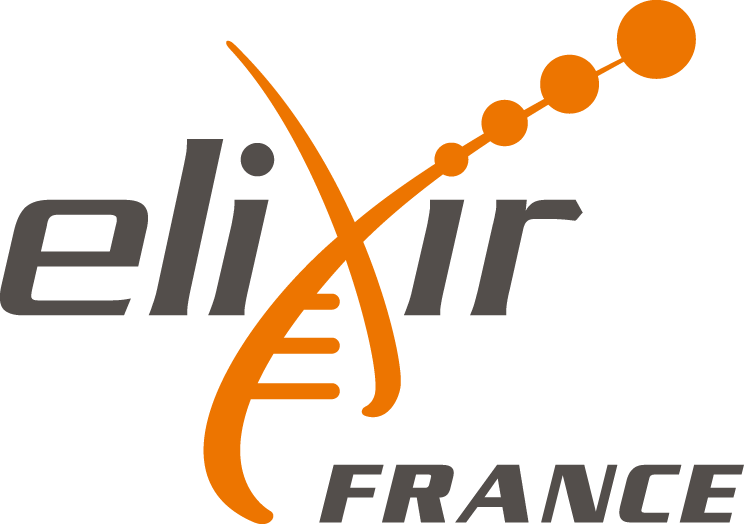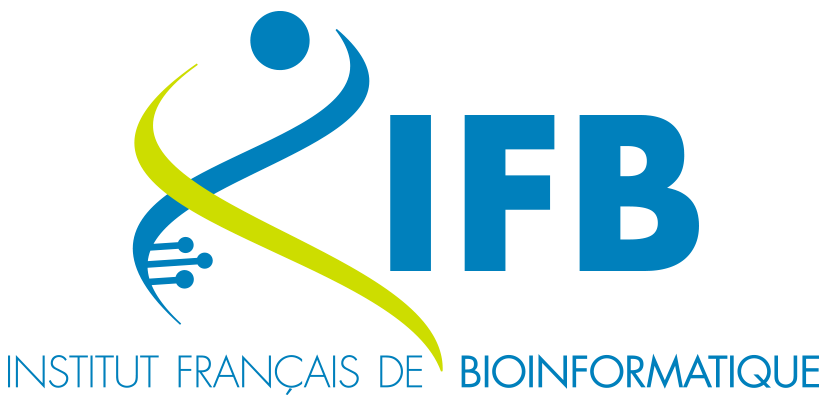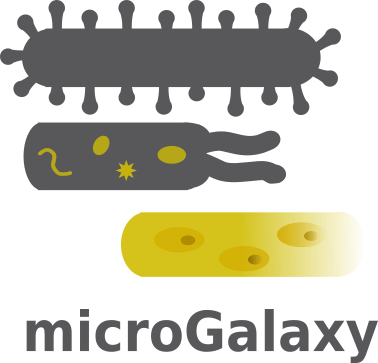The French Galaxy server
The French Galaxy server UseGalaxy.fr is maintained by IFB NNCR Cluster Task force. Please check our Terms of Use and data retention policy before using the server. We offer thousands of tools, increased quota on temporary basis, and compute infrastructure for trainers through Training Infrastructure as a Service (TIaaS).
The following regional platforms, members of IFB, are involved in the maintenance and development of UseGalaxy.fr:
Training
If you are organising a training session, you can book computing resources using the TIaaS system
GalaxyCat
Can't find a tool on usegalaxy.fr? Why not search on the IFB Galaxy Catalog ?
Communities: domain-centric Galaxy subdomains
Microbiology
Whether you're working with microbiome samples or bacterial isolates, long or short reads, shotgun or 16S sequencing, genomics, transcriptomics, proteomics, metabolomics, or integrative multi-omics analysis—this is the place for you!
Single-cell
Access Single Cell Omics analysis tutorials, tools, and workflows that let you analyse data without programming experience or private infrastructure.
Workflow4Metabolomics
Data processing, analysis and annotation for the metabolomics community
Metabarcoding
With the following tools and pipelines: FROGS, QIIME, Mothur, Obitools, dada2, PICRUSt













